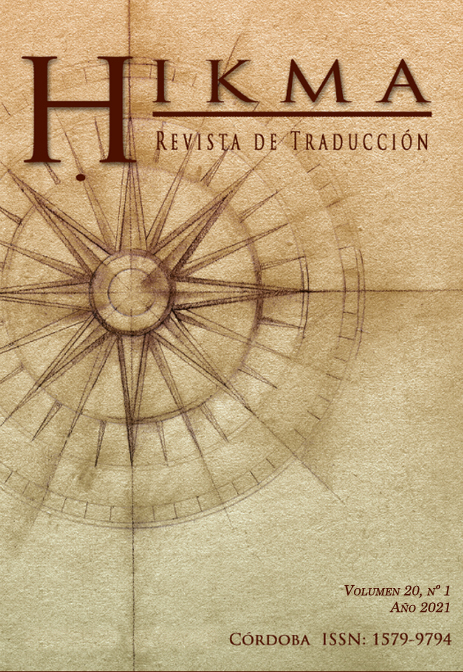Inclusive language and queer representation in adoption applications: a contrastive English-Spanish analysis
Main Article Content
Abstract
Inclusive language represents a symbolic way of defining the belonging to a community or an attempt to reflect identities and orientations beyond the visibility of women. Although some strategies are starting to be used in order to achieve a more accurate representation of some groups, not all of them are totally acceptable in administrative and legal fields. By justifying the theoretical possibility of destabilizing gender and the ethical responsibility of acknowledging the whole spectrum included in the LGTBIQ+ denomination, this paper studies a corpus of application adoptions in Spanish and English, which allows to explore to which extent the LGTBIQ+ community is represented, a social group who may need to resort to these files. Apart from validating the effect of the used formulas in both languages, with studies from Spanish Linguistics such as Grijelmo’s, the paper will analyse which proposals may be acceptable in this specific context of use, where some advances have been made, but there is still some way to go. However, both languages have their own mechanisms, belonging to the administrative-legal context of use, which do not force speakers to include neologisms or artificial formulas, and are socially accepted: this is why there is a need to study and use them to achieve a representation which the LGTBIQ+ members are still fighting to see.
Keywords: Inclusive language, Gender, LGTBIQ+, Hospitality, Performativity.
Downloads
Article Details

This work is licensed under a Creative Commons Attribution-NonCommercial-ShareAlike 4.0 International License.
Authors who publish with this journal agree to the following terms:
1. Authors retain copyright and grant the journal right of first publication with the work simultaneously licensed under a Creative Commons Attribution License that allows others to share the work with an acknowledgement of the work's authorship and initial publication in this journal.
2. Authors are able to enter into separate, additional contractual arrangements for the non-exclusive distribution of the journal's published version of the work (e.g., post it to an institutional repository or publish it in a book), with an acknowledgement of its initial publication in this journal.
3. Authors are permitted and encouraged to post their work online (e.g., in institutional repositories or on their website) prior to and during the submission process, as it can lead to productive exchanges, as well as earlier and greater citation of published work (See The Effect of Open Access).

